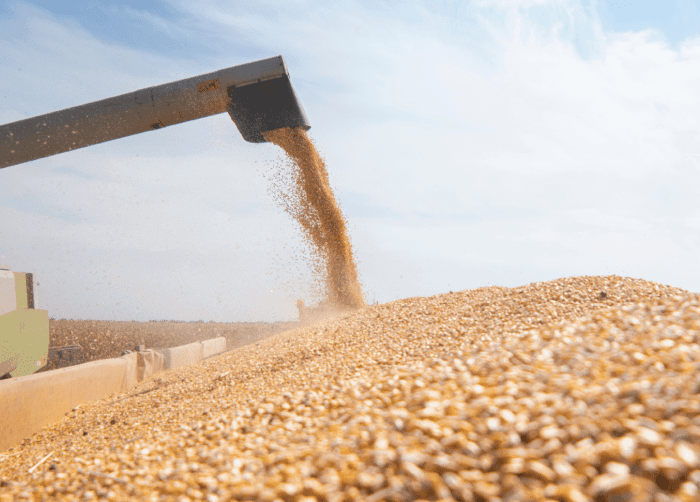Business environment
January
Russia introduced duties on fertilizer exports
On 1 January 2023, Russia introduced duties on all types of mineral fertilizers until the end of 2023: if the customs value of fertilizers exceeded USD 450/t, the exporter was charged 23.5% of the difference between the real price and the set base amount.
On 1 September 2023, in response to a decline in fertilizer prices, the government adjusted the mechanism by introducing a general rate for all mineral fertilizers – 7% of the value. The minimum rates were as follows: RUB 1,100 per tonne for nitrogen‑based fertilizers, RUB 1,800 per tonne for potash fertilizers, and RUB 2,100 per tonne for phosphate fertilizers. Water‑soluble phosphate fertilizers with high production cost – diammonium hydrogen phosphate and ammonium dihydrogen phosphate – were exempted from the measures, which will apply until the end of 2024.
On 1 October 2023, changes came into effect to introduce variable fertilizer duties (7% and 10%) depending on the US dollar exchange rate, and to impose additional duties on other products in the range of 4% to 7% depending on the US dollar exchange rate. The previously established minimum rates remained unchanged. Phosphate‑based fertilizers with high production cost ‑ water‑soluble MAP and DAP ‑ were exempted from the measures, which will apply until the end of 2024.
EU’s new Common Agricultural Policy (CAP)
On 1 January 2023, the new Common Agricultural Policy of the EU came into effect. That Policy will be key to securing the future of agriculture and forestry in member countries, as well as achieving the objectives of the European Green Deal.
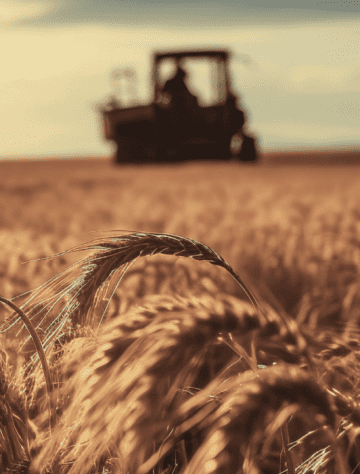
February
Heads of several international organisations adopted a joint statement on food security
Heads of the International Monetary Fund, World Trade Organisation, Food and Agriculture Organisation (FAO), World Bank Group, and World Food Programme issued a joint statement calling for continued urgent action to address the global crisis on food and nutrition security, including through improving availability of food and fertilizers. The statement specified four focus areas:
- to serve the most vulnerable immediately;
- to facilitate trade and international food supplies;
- to improve productivity;
- to invest in climate‑resilient agriculture.
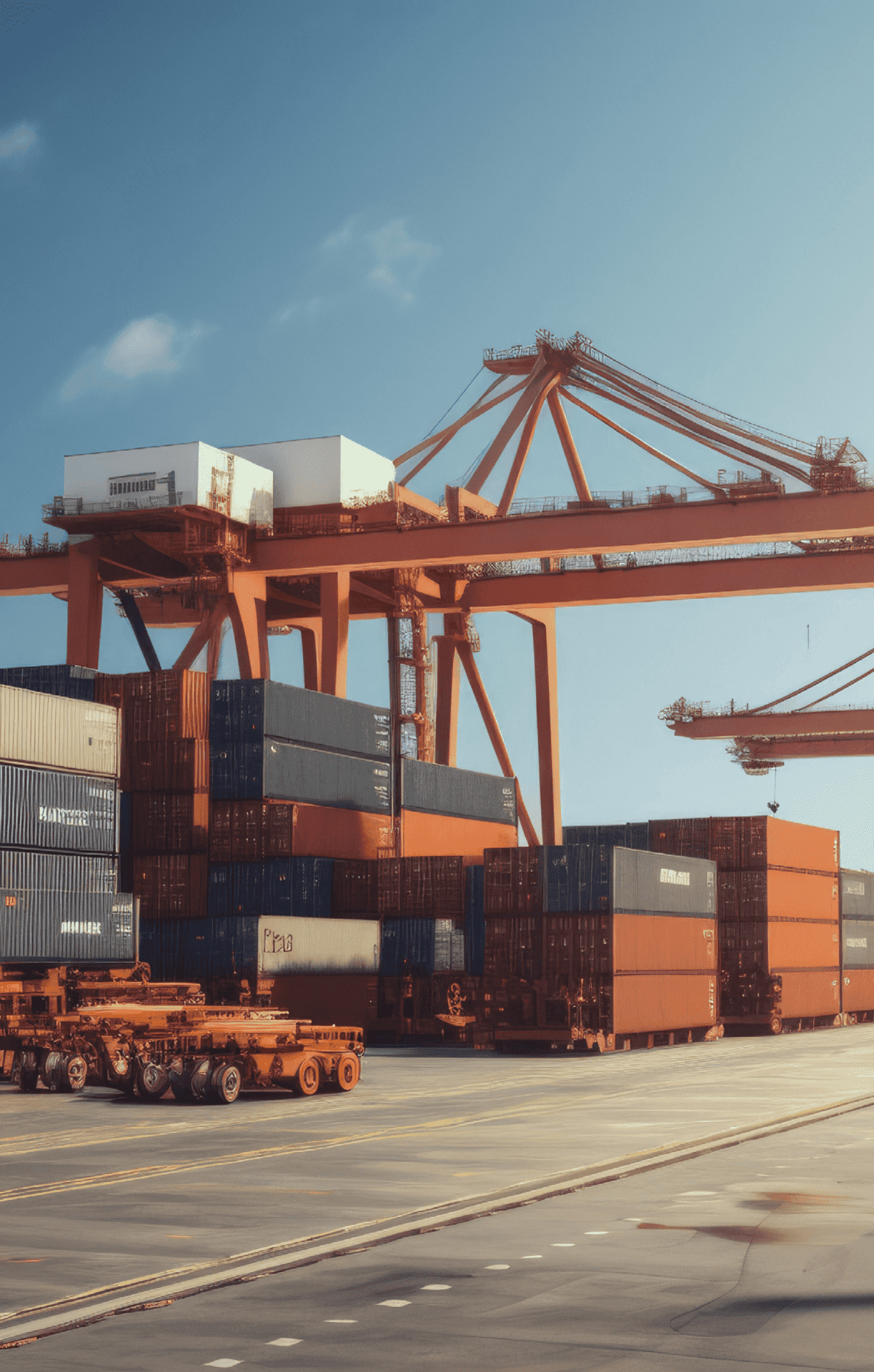
May
By the end of May, fertilizer producers sold more than 60% of the entire forecast volume of fertilizer procurement by Russian farmers for 2023
The Russian agribusiness increased its mineral fertilizer procurement by 6% to 3.4 mt compared to 2022, taking into account accumulated stocks. Thus, by mid‑May, domestic fertilizer producers secured more than 60% of the sector's forecast procurement volume for the entire 2023.
USA notified banks that the export of Russian fertilizers was permitted
The US Department of State said that it regularly communicated with US and foreign banks to remind them that transactions with Russian food and fertilizers are exempt from sanctions. The statement was made after Russia had long insisted that the prohibition on imposing sanctions on Russian agricultural commodities and fertilizers must be respected.
Russia extended export quotas for mineral fertilizers
Russian Prime Minister Mikhail Mishustin approved the extension of export quotas for nitrogen‑based and complex fertilizers from 1 June to 30 November, with their volume totalling 16.33 mt. The quotas are aimed at keeping sufficient volumes of fertilizers on the domestic market.
Later on, in November 2023, the government raised the total export quota to more than 18.5 mt, thus ensuring that producers would be able to export the remaining finished products, provided that domestic demand was fully met.
In late November 2023, the government resolved to extend the fertilizer export quotas until 31 May 2024. The quota totalled 16.9 mt, including around 9.8 mt of nitrogen‑based and 7.1 mt of complex fertilizers.
G7 adopted action statement for resilient global food security
At the 49th G7 summit in Hiroshima, Japan, the leaders of the member countries adopted an action statement for resilient global food security. The announced measures included focus on expanding fertilizer efficiency and decisions aimed at supporting grain exports from Russia and Ukraine.
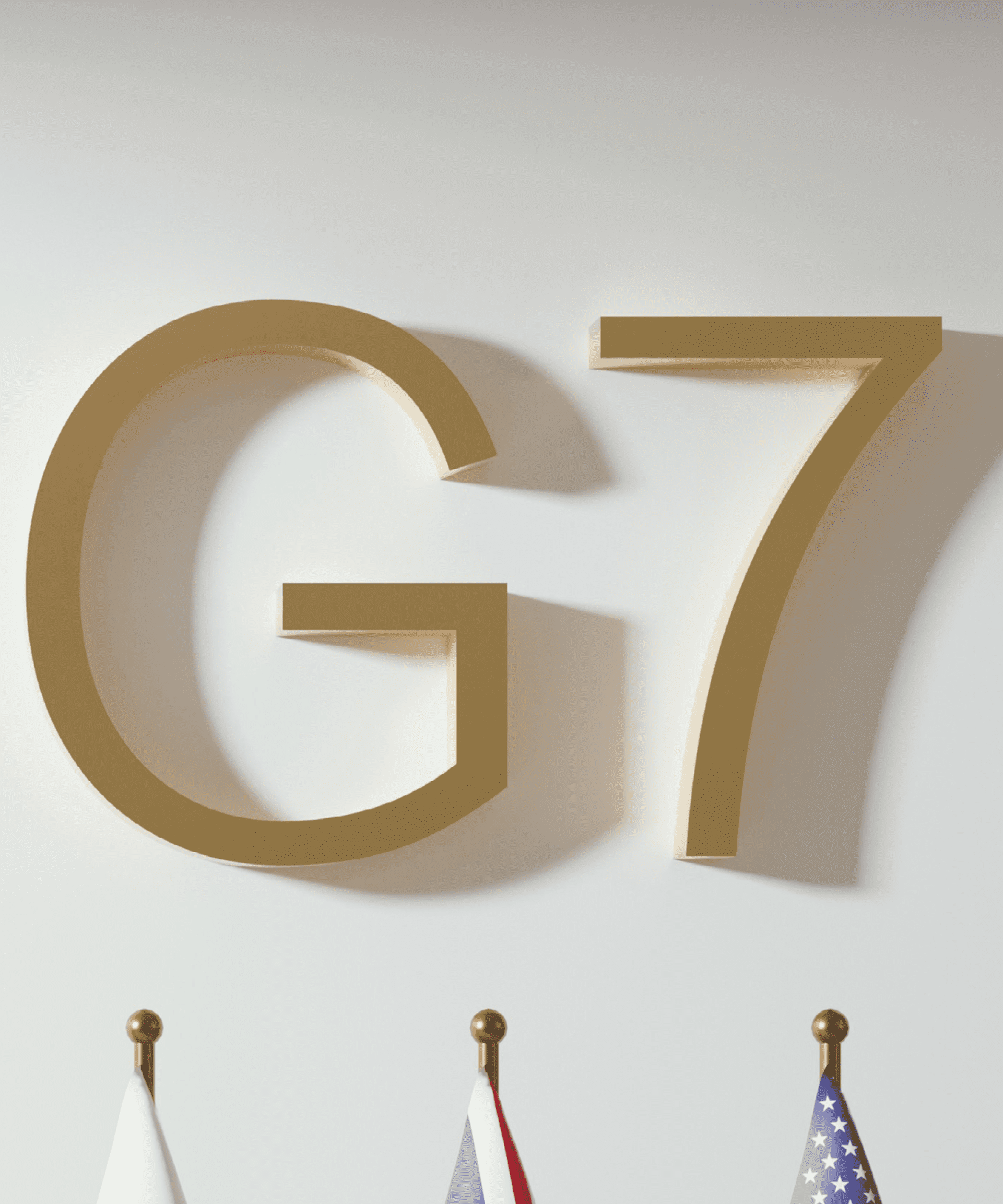
June
Russia extended domestic price threshold for mineral fertilizers
The price threshold set for mineral fertilizers was extended for the entire year of 2023 and remained at the 2022 level. First introduced in December 2021, the threshold was intended to keep mineral fertilizers affordable to Russian farmers. Later on, this measure was prolonged until the end of May 2024.

July
St Petersburg hosted the Russia– Africa forum
At the forum, African countries and Russia agreed to deepen their food security cooperation.
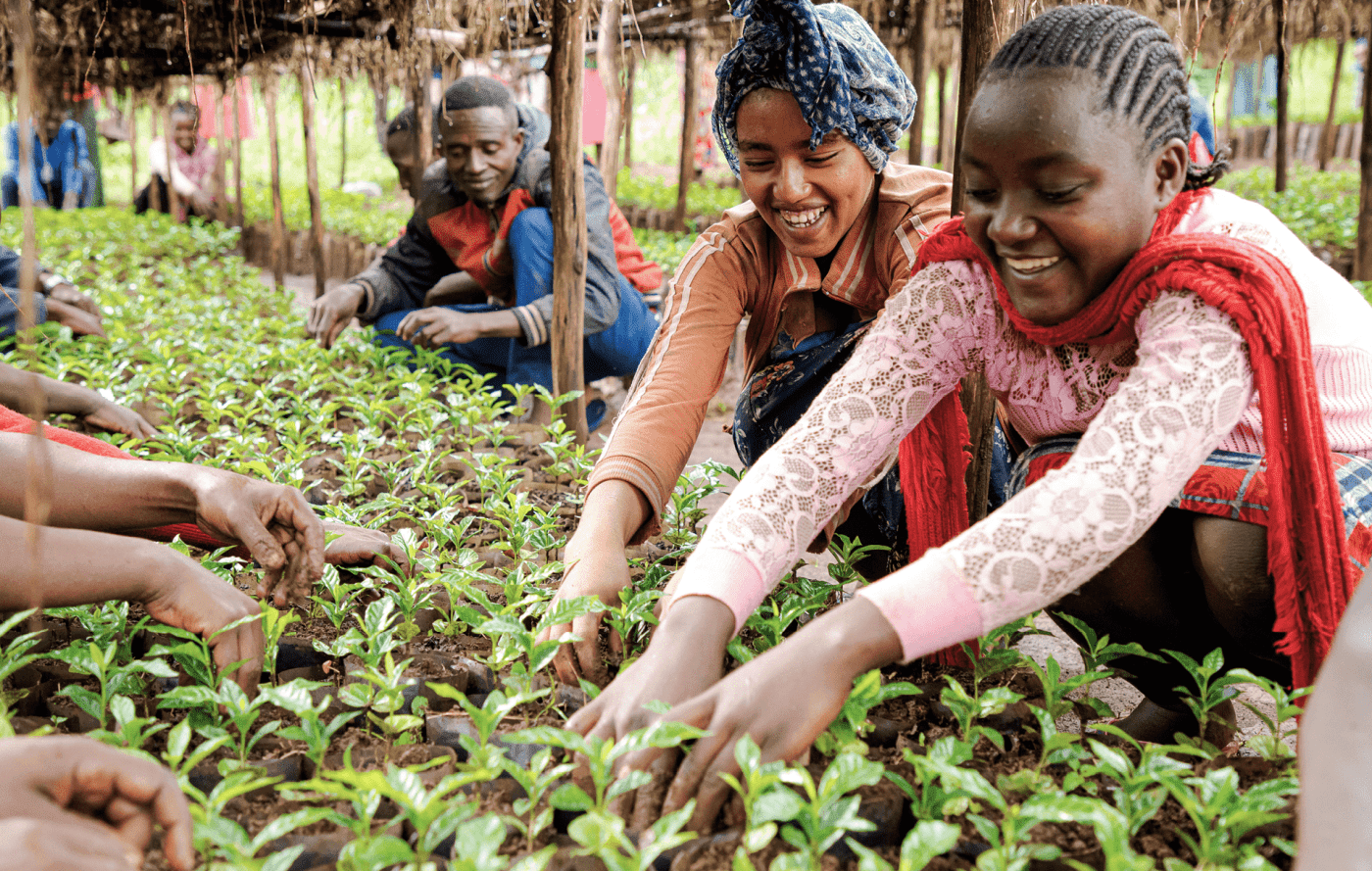
August
Russia enacted a law on excess profit tax for large companies
The Russian president signed a bill establishing an excess profits tax for large companies whose average profit before tax for 2021–2022 exceeded RUB 1 bln. The tax affected such companies as PhosAgro, EuroChem, and Rusagro.

September
Food exports became one of the key revenue items for Russia's budget
The head of Russia's Federal Customs Service said that Russian food exports are gradually becoming the main source of income for the national budget.
USA ramped up imports of Russian fertilizers
According to the US statistical service, in 1H 2023, the country increased imports of Russian fertilizers to a record USD 944 mln, making Russia the country’s second‑largest fertilizer supplier. The cost of imports also grew by 5%.
G20 leaders called for uninterrupted grain and fertilizer exports from Russia and Ukraine
At the summit in New Delhi, G20 leaders adopted a joint declaration calling for the full implementation of the grain deal and unimpeded exports of food and fertilizers from Russia and Ukraine.
Russia and China agreed to build a grain hub on the border
During the Eastern Economic Forum, Russia and China signed an agreement to build a huge grain hub in the Jewish Autonomous Region to supply Russian grain to China.
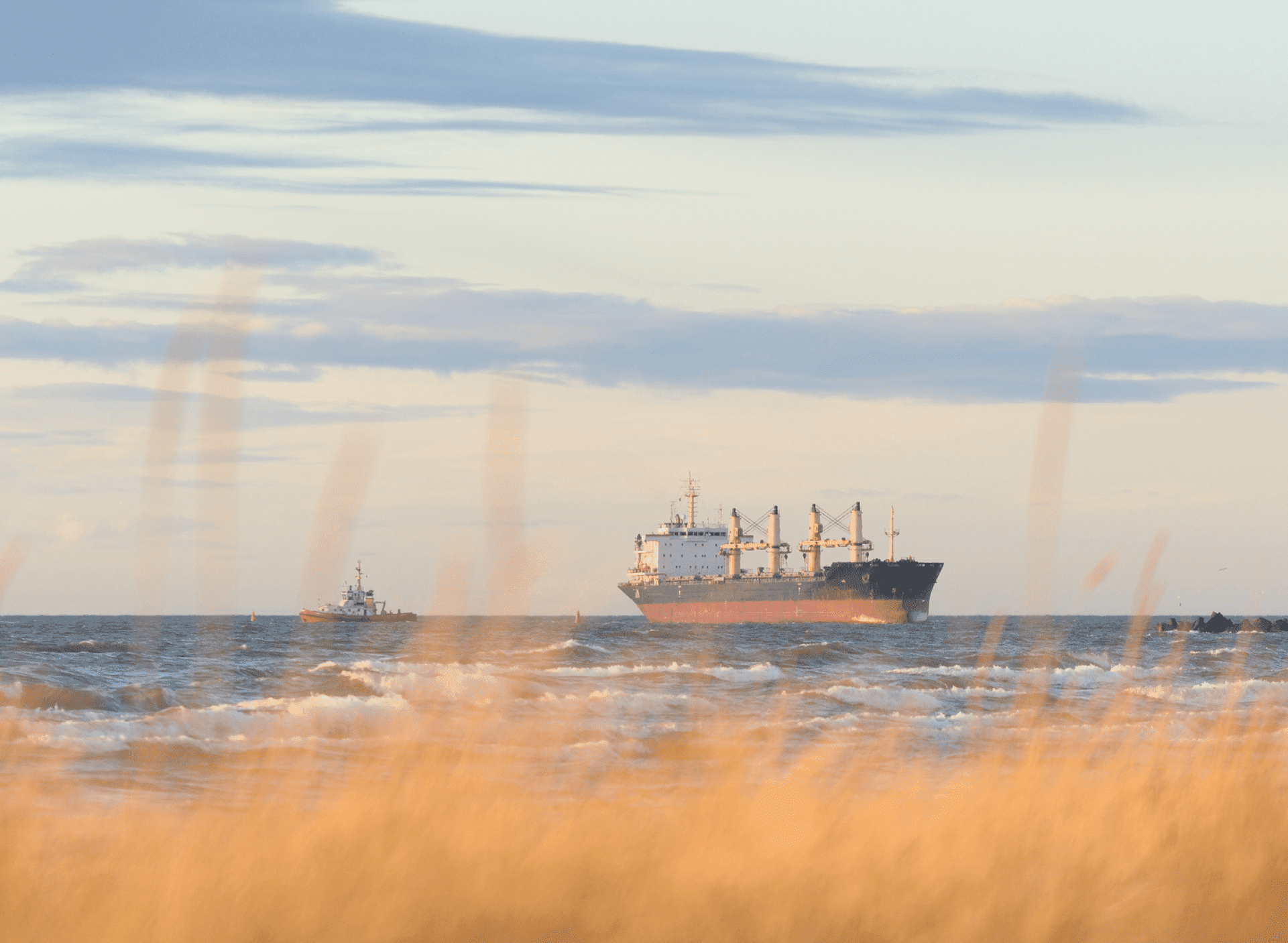
October
FAO and the International Atomic Energy Agency (IAEA) made a joint statement to support food security
To strengthen the strategic partnership between FAO and IAEA, the two organisations launched Atoms4Food, a joint flagship initiative on food security, which seeks to provide member states of both organisations with groundbreaking solutions, tailored to their specific needs and circumstances, by harnessing the advantages of nuclear techniques in agriculture.
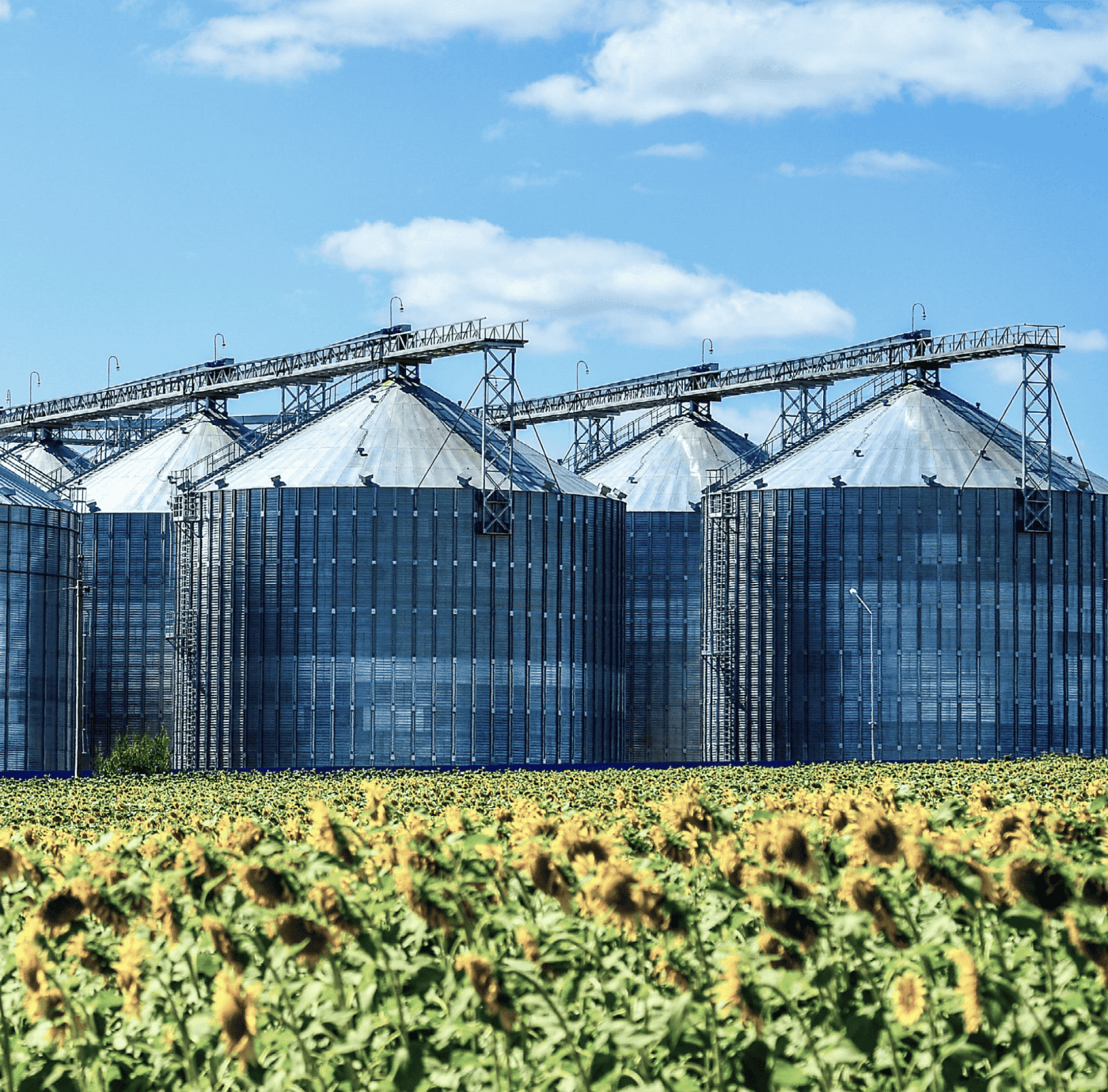
November
Russian fertilizer producers covered 100% of agricultural demand for 2023 and started deliveries under 2024 orders
By November, Russia's main mineral fertilizer producers had delivered 100% of mineral fertilizer procurements announced by the Russian Ministry of Agriculture for 2023 (5.4 mt) and immediately began accepting orders for the 2024 spring sowing.
Mineral fertilizer sales at the St Petersburg International Mercantile Exchange (SPIMEX) exceeded 2022 figures
The volume of mineral fertilizer trading on SPIMEX since the beginning of 2023 exceeded 90 kt, which is 18% higher than the sales volume for the whole of 2022. PhosAgro Group emerged as the leader in terms of sales.
USA raised import duty on PhosAgro phosphates
The US Department of Commerce raised the countervailing duty on imports of PhosAgro's phosphate fertilizers from 9.19% to 28.50%. Meanwhile, US farmers consistently advocated for lower duties to make it easier for the fertilizers to reach the market.
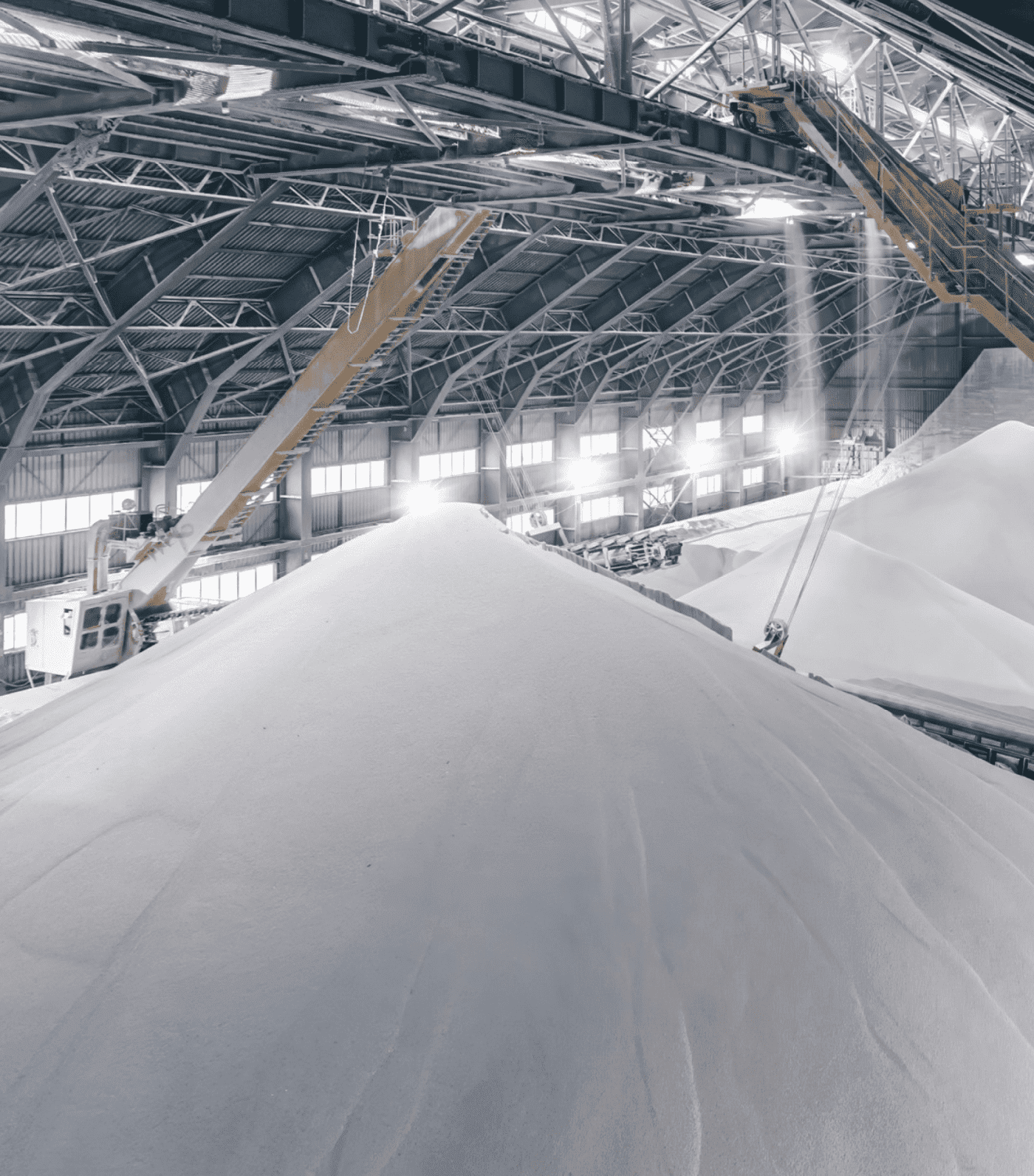
December
The UN Climate Change Conference adopted a joint declaration by participating countries on food security
The countries participating in COP28 adopted a joint declaration aimed at strengthening food security worldwide on an equal and voluntary basis and in cooperation with UN organisations and the WTO.
Russian manufacturers increased fertilizer production in 2023
In January–November, Russian companies ramped up fertilizer production to 23.6 mt, up 10% y‑o‑y.
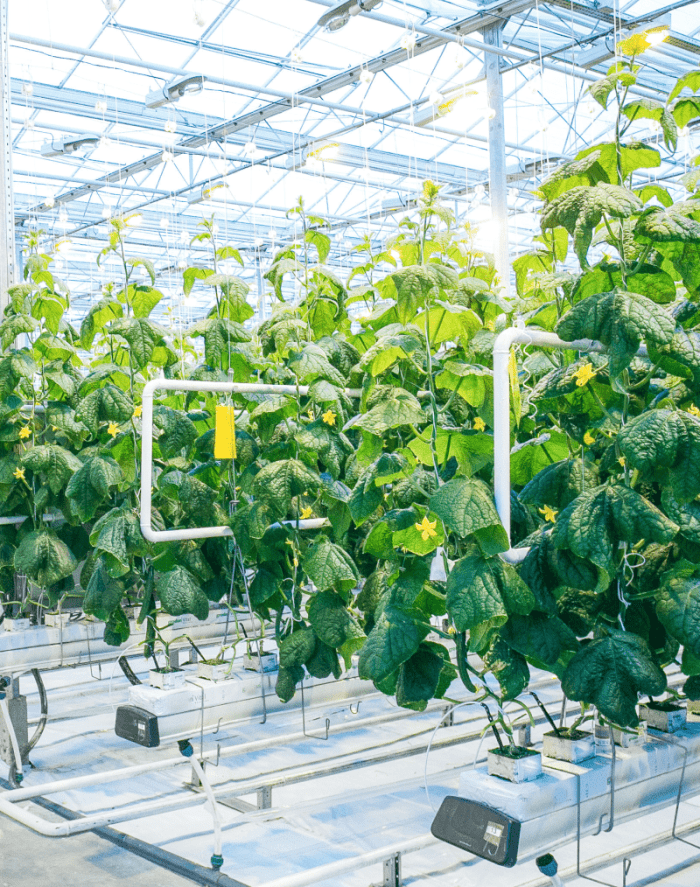
January
Volume of and revenues from Russian agricultural exports grew in 2023
In 2023, Russian agricultural exports went up 12% y‑o‑y to USD 45 bln. In addition, revenue from Russian commodity exports increased by 14%. In 2023, Russia exported food to 169 countries, including key developing economies.
